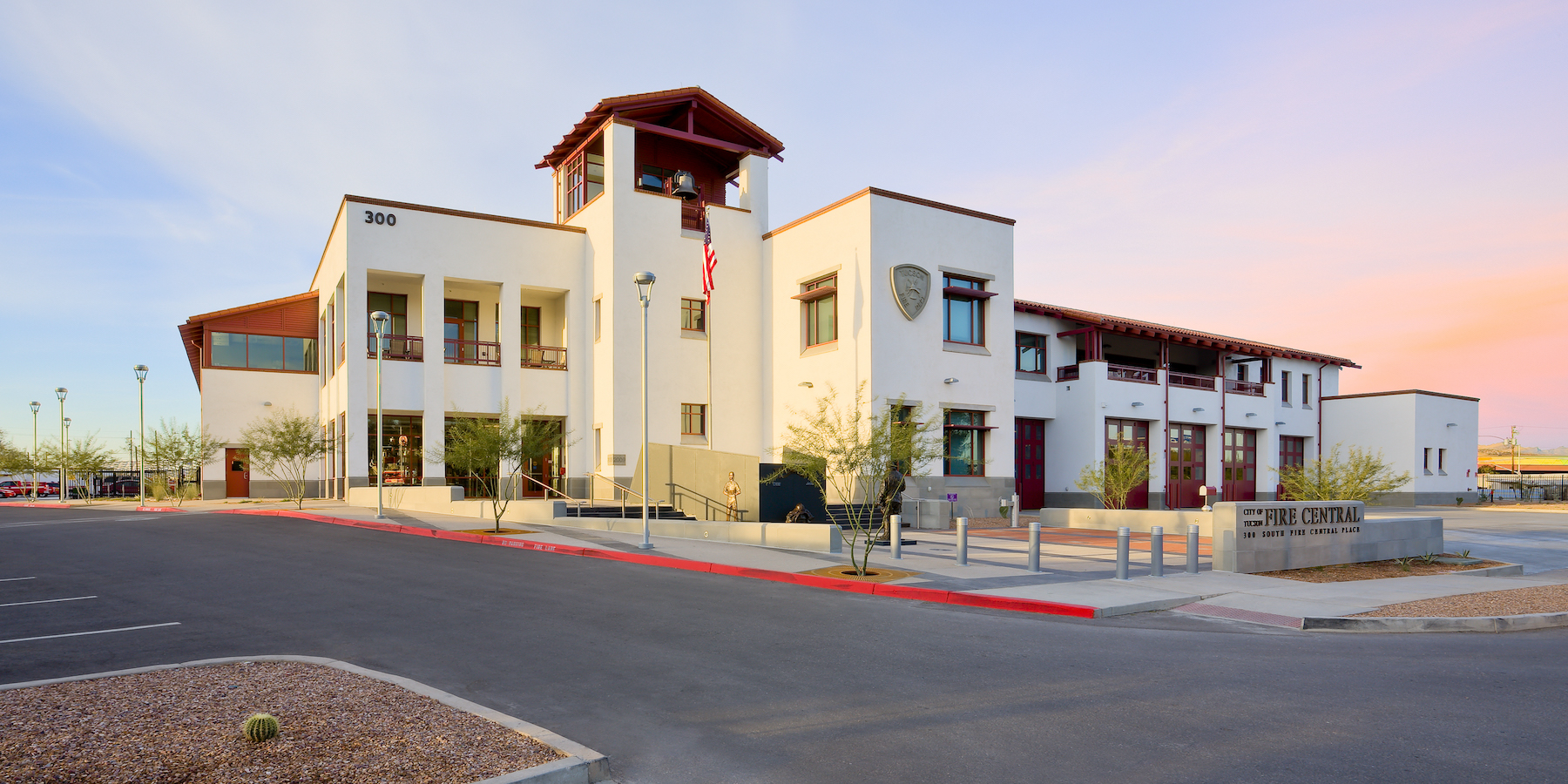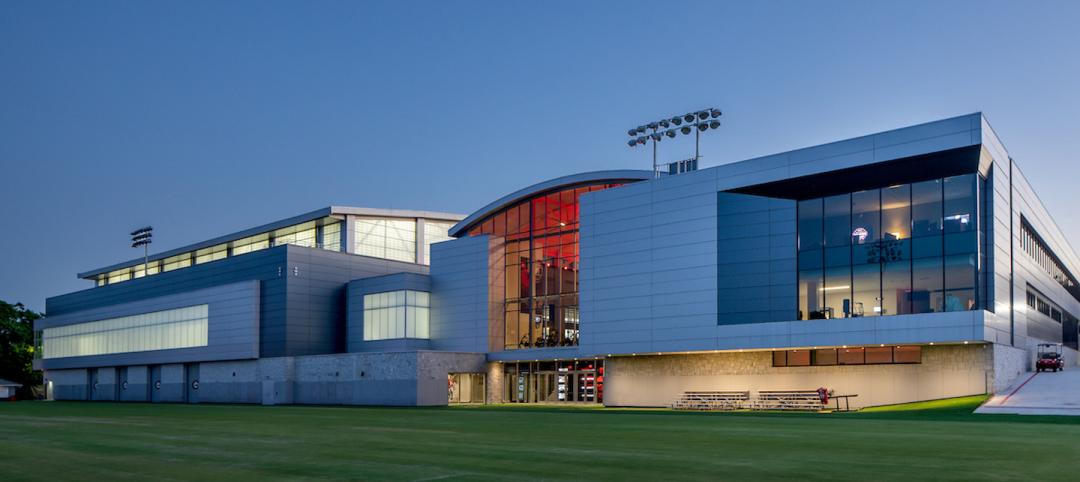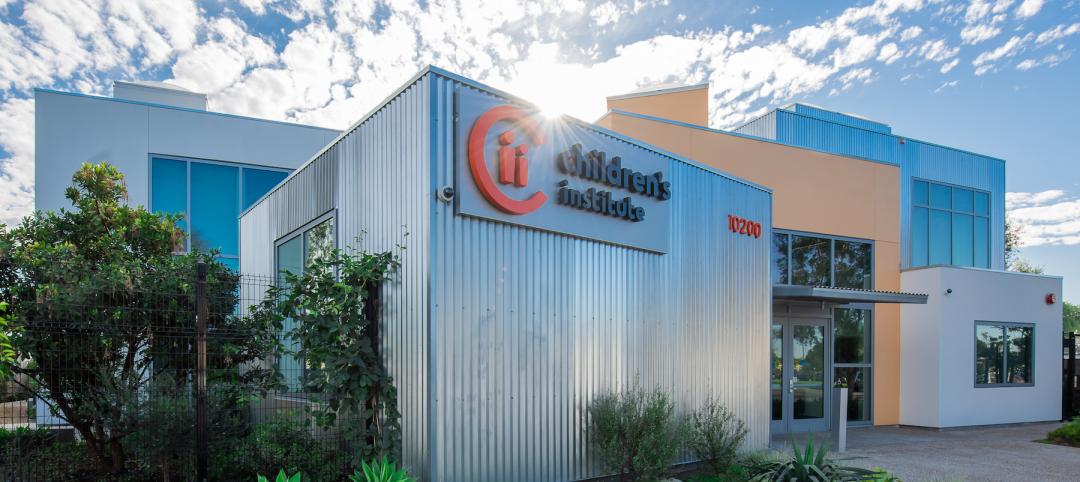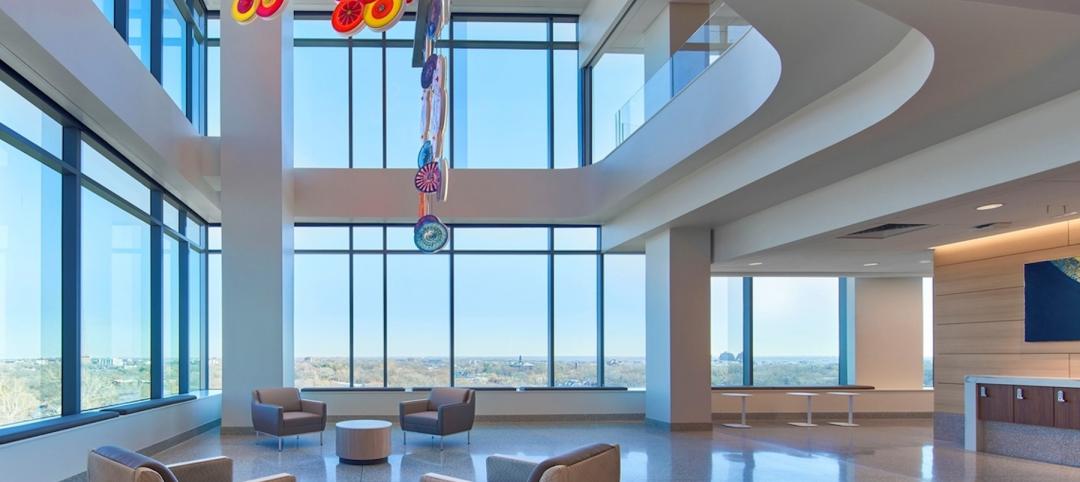Shive-Hattery announces that it has acquired WSM Architects, Inc., a 13-person architecture firm in Tucson, Arizona. The acquisition expands Shive-Hattery’s reach to the Southwest and broadens its design capabilities in the corporate workplace, government, education and healthcare markets.
“Shive-Hattery and WSM Architects are both built on a foundation of strong client service. We remain steadfast in providing a continuity in service with the best depth of talent from across our design firm,” said Shive-Hattery President Jennifer Bennett, SE, PE. “Remote work technology has made this possible where we can customize the best team for each client, regardless of whether our designers are located in the Midwest or Southwest, in order to create a seamless experience which our clients value, appreciate and expect.”
WSM Architects will operate as WSM Architects, a Division of Shive-Hattery, Inc.
“WSM Architects and Shive-Hattery share a strong cultural fit that is mutually beneficial for our clients and design talent,” said Paul Mickelberg, AIA, LEED AP BD+C, Principal of WSM Architects. “Joining Shive-Hattery enhances and complements our values, and we look forward to being a part of a larger team to provide more design capabilities for our clients and growth opportunities our employees.”
Shive-Hattery is a 450-person architecture and engineering firm headquartered in Iowa with design offices in Arizona, Illinois, Indiana, Iowa, Nebraska, Ohio and Wisconsin.
Related Stories
Sports and Recreational Facilities | Jun 17, 2022
U. of Georgia football facility expansion provides three floors for high-performance training
A major expansion of the University of Georgia’s football training facility has been completed.
Building Team | Jun 16, 2022
Hybrid work expected to reduce office demand by 9%
Businesses are slowly but consistently transitioning to a permanent hybrid work environment, according to a senior economist at Econometric Advisors.
Building Team | Jun 16, 2022
USGBC announces more than 23 million square feet of LEED certified net zero space
Today, the U.S. Green Building Council announced nearly 100 net zero certifications earned under the LEED Zero program, representing more than 23 million square feet of space.
AEC Business Innovation | Jun 15, 2022
Cognitive health takes center stage in the AEC industry
Two prominent architecture firms are looking to build on the industry’s knowledge base on design’s impact on building occupant health and performance with new research efforts.
Market Data | Jun 15, 2022
ABC’s construction backlog rises in May; contractor confidence falters
Associated Builders and Contractors reports today that its Construction Backlog Indicator increased to nine months in May from 8.8 months in April, according to an ABC member survey conducted May 17 to June 3. The reading is up one month from May 2021.
Codes and Standards | Jun 15, 2022
Waived tariffs on solar panels expected to boost solar power
The Biden Administration recently waived tariffs on solar panels from four countries in a move advocates say will accelerate the clean energy transition and benefit national security.
Cultural Facilities | Jun 15, 2022
Gehry-designed Children’s Institute aims to foster community outreach in L.A.’s Watts neighborhood
The Children’s Institute (CII) in Los Angeles will open a 200,000-sf campus designed by Frank Gehry this summer.
Building Team | Jun 14, 2022
Thinking beyond the stadium: the future of district development
Traditional sports and entertainment venues are fading as teams and entertainment entities strive to move toward more diversified entertainment districts.
Codes and Standards | Jun 14, 2022
Hospitals’ fossil fuel use trending downward, but electricity use isn’t declining as much
The 2021 Hospital Energy and Water Benchmarking Survey by Grumman|Butkus Associates found that U.S. hospitals’ use of fossil fuels is declining since the inception of the annual survey 25 years ago, but electricity use is dipping more slowly.
Healthcare Facilities | Jun 13, 2022
University of Kansas Health System cancer care floors foster community and empathy
On three floors of Cambridge Tower A at The University of Kansas Health System in Kansas City, patients being treated for blood cancers have a dedicated space that not only keeps them safe during immune system comprising treatments, but also provide feelings of comfort and compassion.

















